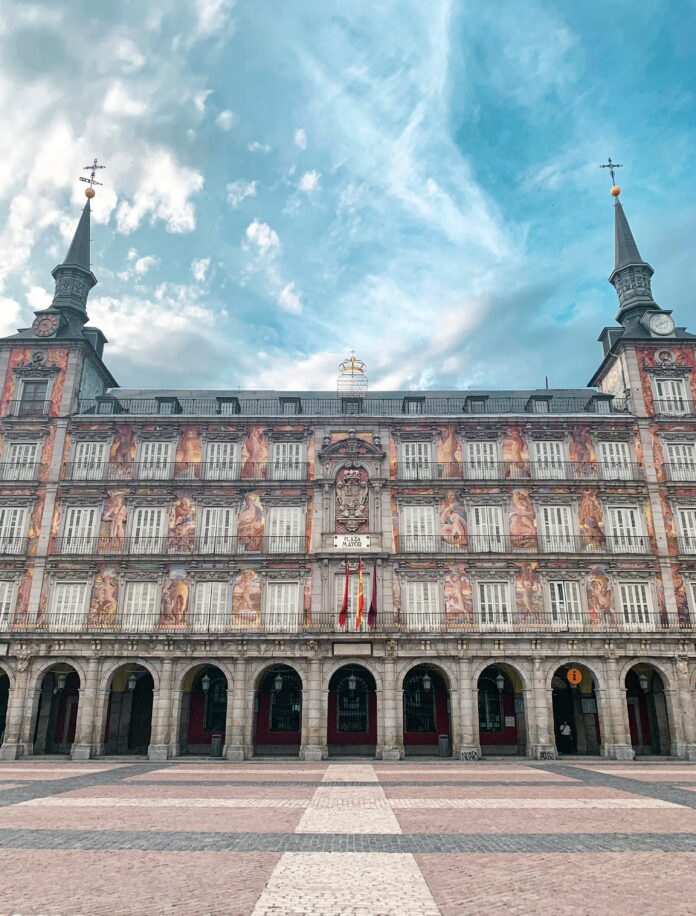In the heart of Europe, Spain stands as a nation steeped in rich history and tradition. At the helm of this storied nation is King Felipe VI, who has been a steadfast leader for the Spanish people. With a lineage that traces back centuries, the Spanish royal family continues to play a pivotal role in the country’s modern governance and cultural identity.
A Royal Legacy
Spain’s royal family has a lineage that dates back to the early medieval period, and it has played a prominent role in shaping the nation’s history. The monarchy has witnessed both glorious and tumultuous periods, from the reign of King Ferdinand and Queen Isabella, who sponsored Christopher Columbus’ voyages, to the upheavals of the Spanish Civil War in the 20th century.
In the modern era, King Juan Carlos I was a key figure in Spain’s transition from a dictatorship to a constitutional monarchy. His reign, which began in 1975, marked a turning point in Spanish history. He played a crucial role in maintaining stability during the tumultuous transition to democracy. His decision to abdicate in 2014 led to the ascension of his son, Felipe VI, to the throne.
King Felipe VI: A Modern Monarch
King Felipe VI, born on January 30, 1968, has carried the legacy of his predecessors with grace and dedication. He assumed the throne on June 19, 2014, following his father’s abdication. Since then, he has become a symbol of continuity and stability for the Spanish people.
One of King Felipe VI’s most significant roles is that of a unifying figure in a diverse and decentralized nation. Spain comprises 17 autonomous communities, each with its own distinct culture and history. The king’s role is to represent the nation as a whole, ensuring unity and cohesion among the various regions.
In addition to his symbolic duties, King Felipe VI also has a constitutional role in Spain’s government. The Spanish Constitution of 1978 defines the monarch as the “arbitrator and moderator of the regular functioning of the institutions.” While Spain operates as a parliamentary democracy, the king’s presence and involvement in political affairs are crucial during times of political crisis or uncertainty.
King Felipe VI’s reign has also been marked by his commitment to promoting Spanish culture and economic interests on the international stage. He has represented Spain in various state visits and diplomatic missions, strengthening ties with other nations and fostering economic opportunities for Spanish businesses.
The Royal Family’s Role in Modern Spain
While King Felipe VI is the head of the Spanish royal family, he is not the only member who plays a role in the nation’s life. His wife, Queen Letizia, is a prominent figure known for her philanthropic work, and their two daughters, Princess Leonor and Infanta Sofia, are also becoming increasingly visible in public life as they receive their education and prepare for future roles within the monarchy.
The Spanish royal family’s role extends beyond mere symbolism. They engage in charitable work, support cultural initiatives, and represent Spain internationally. Moreover, they are often present at significant national events, such as the annual National Day parade and other state ceremonies, where they serve as a unifying force for the nation.
Spain’s royal family, led by King Felipe VI, remains an integral part of the country’s identity and governance. While Spain has evolved into a modern constitutional monarchy, the monarchy continues to symbolize stability, unity, and tradition. King Felipe VI, with his dedication to his role and commitment to the welfare of the Spanish people, exemplifies the values and responsibilities of a modern monarch. As Spain navigates the challenges of the 21st century, the royal family stands as a symbol of continuity and a source of pride for the nation.
Photo by Alev Takil on Unsplash
Views: 45






